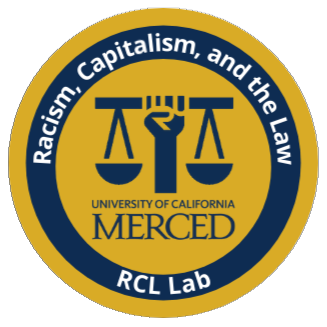Abstract
Citizenship rights are often unevenly allocated—sometimes by design and sometimes not. Even when citizenship rights are evenly allocated on paper, these rights are often unevenly distributed in practice, with some people experiencing full citizenship and others lesser forms of citizenship. Citizenship is both inclusionary and exclusionary. Through its inclusionary aspects, citizenship is the foundation of a democratic society. Through its exclusionary aspects, citizenship produces denizens, undocumented populations, and other precarious individuals who are excluded from the polity and denied the right to shape their environment via voting and running for office. When people cross borders without following the host country’s legal process, they often become labeled “illegal.” Illegality, however, is a racialized category that sticks to some people more than others. Immigrants labeled as illegal experience not only the denial of rights but also enhanced vulnerability. Citizenship, illegality, and legality are constructed in different ways across time and space. These socially and legally constructed categories have significant consequences for people’s lives.

